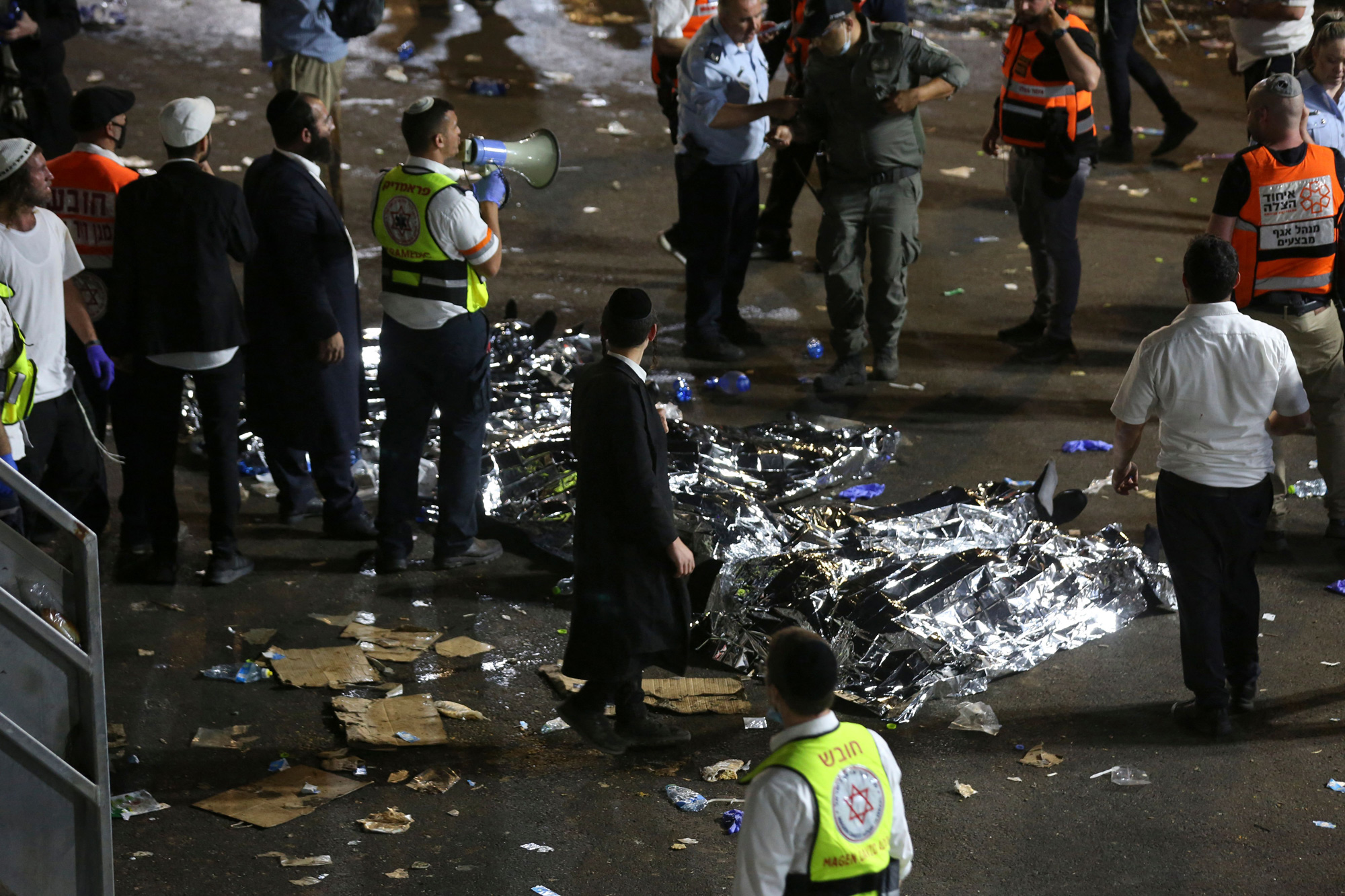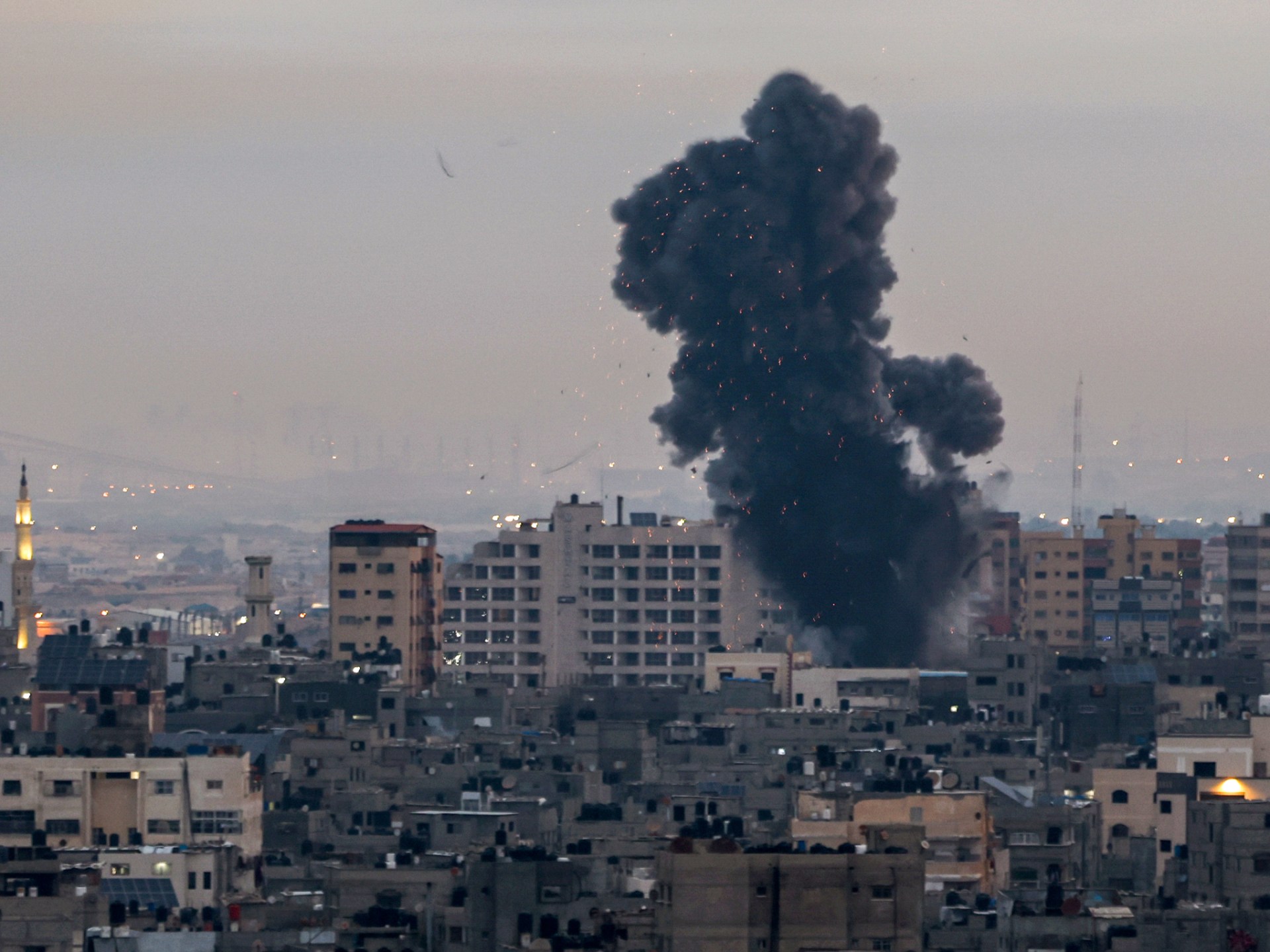Current Events and Political Landscape

Israel’s political landscape is characterized by a complex interplay of ideologies, political parties, and societal divisions. The country’s history, marked by conflict and the pursuit of peace, continues to shape its political dynamics.
Recent Political Developments
Recent political developments in Israel have been dominated by the formation and collapse of coalition governments, reflecting the fragmentation of the political spectrum. The 2021 elections resulted in a hung parliament, with no single party securing a majority. This led to a protracted period of political instability, with several attempts to form a government failing.
The current government, a coalition led by Prime Minister Naftali Bennett, is a fragile alliance of diverse parties, including right-wing, centrist, and left-wing factions. This coalition has faced challenges in maintaining unity and implementing its agenda, with internal disagreements on issues such as the Israeli-Palestinian conflict and social reforms.
Key Players and Parties
Israel’s political landscape is dominated by a number of key players and parties, each representing different ideologies and constituencies.
- Likud: Led by Benjamin Netanyahu, Likud is a right-wing party that advocates for a strong military presence in the West Bank and a hardline stance on the Israeli-Palestinian conflict. It is the largest party in the Knesset (Israeli Parliament) and has held power for much of the past two decades.
- Yesh Atid: Led by Yair Lapid, Yesh Atid is a centrist party that promotes a pragmatic approach to the Israeli-Palestinian conflict and focuses on economic and social issues. It is currently the second-largest party in the Knesset.
- Blue and White: Led by Benny Gantz, Blue and White is a centrist party that emerged as a challenge to Netanyahu’s leadership. It has shifted its position on the Israeli-Palestinian conflict, becoming more hawkish in recent years.
- Religious Zionist Party: This right-wing party, led by Bezalel Smotrich and Itamar Ben Gvir, promotes a strong religious agenda and advocates for annexation of the West Bank.
- Meretz: Meretz is a left-wing party that supports a two-state solution to the Israeli-Palestinian conflict and advocates for social justice and equality.
Social Movements and Protests
Israel has witnessed a number of social movements and protests in recent years, driven by a range of issues, including economic inequality, social justice, and the Israeli-Palestinian conflict.
- The “Black Flags” Protests: These protests, which began in 2019, were sparked by the corruption allegations against Benjamin Netanyahu. Demonstrators called for his resignation and demanded political reform.
- The “Cost of Living” Protests: In 2011, large-scale protests erupted over the high cost of living in Israel. Demonstrators demanded government action to address issues such as housing prices, food costs, and transportation.
- The “Justice for All” Protests: These protests, which began in 2019, focused on issues of social justice, including economic inequality, discrimination, and the lack of affordable housing.
International Relations, Israeli news
Israel’s foreign policy is shaped by its complex geopolitical environment, including its relations with the United States, its regional neighbors, and the international community.
- United States: Israel enjoys a strong strategic alliance with the United States, which provides significant military and economic assistance. This relationship has been tested in recent years by differences over the Israeli-Palestinian conflict and other issues.
- Regional Neighbors: Israel has made efforts to improve relations with some of its Arab neighbors, including Egypt and Jordan, through peace agreements. However, tensions remain with other countries in the region, such as Syria and Lebanon.
- International Community: Israel faces criticism from the international community over its policies in the West Bank and its treatment of Palestinians. The country has been subject to sanctions and condemnation from various international organizations.
Economy and Society

Israel boasts a robust and innovative economy, characterized by a highly developed technological sector and a strong entrepreneurial spirit. However, the country also faces significant social challenges, including income inequality and a high cost of living. This section delves into the intricacies of Israel’s economic landscape and the social issues that shape its society.
Economic Overview
The Israeli economy is characterized by a diversified mix of sectors, with a strong emphasis on technology, innovation, and research and development. The country is a global leader in fields such as cybersecurity, artificial intelligence, and biotechnology.
- Key Sectors: The Israeli economy is driven by key sectors such as technology, tourism, agriculture, and diamonds. The high-tech sector, in particular, plays a significant role in driving economic growth and innovation.
- Growth Trends: Israel has experienced consistent economic growth in recent decades, fueled by technological advancements, a skilled workforce, and a favorable investment climate. The country’s GDP growth rate has averaged around 3% in recent years.
- Challenges: Despite its strengths, the Israeli economy faces challenges such as a high cost of living, a relatively high level of income inequality, and a dependence on foreign investment. The country’s reliance on technology also makes it vulnerable to global economic fluctuations.
Social Issues
Israel’s social landscape is marked by a range of issues, including poverty, inequality, and access to healthcare. These issues are complex and multifaceted, often rooted in historical, political, and economic factors.
- Poverty: Poverty rates in Israel are relatively high, particularly among certain demographic groups, such as Arab Israelis and ultra-Orthodox Jews. The high cost of living and limited access to education and employment opportunities contribute to poverty.
- Inequality: Income inequality is a significant issue in Israel, with a wide gap between the rich and the poor. This gap is exacerbated by factors such as high housing costs, limited access to quality education, and a lack of social mobility.
- Healthcare: Israel has a universal healthcare system, but access to quality healthcare varies depending on socioeconomic status and geographic location. There are concerns about the affordability and accessibility of healthcare services, particularly for vulnerable populations.
Regional Disparities
The quality of life and living standards in Israel vary significantly across different regions. The Tel Aviv metropolitan area, for instance, enjoys a high standard of living with a vibrant economy and a wide range of amenities. However, other regions, such as the Negev and Galilee, face economic challenges and social disparities.
- Tel Aviv Metropolitan Area: This region is home to Israel’s largest city, Tel Aviv, and is a hub for finance, technology, and culture. It enjoys a high standard of living with access to quality education, healthcare, and infrastructure.
- Negev and Galilee: These regions are characterized by lower economic activity, limited employment opportunities, and social disparities. They face challenges such as poverty, unemployment, and limited access to essential services.
Technological Advancements and Innovation
Israel has a strong reputation for technological innovation and entrepreneurship. The country is home to numerous startups and technology companies, and its technological advancements have had a significant impact on its economy and society.
- Impact on Economy: Technological advancements have driven economic growth, created new industries, and generated employment opportunities. Israel’s high-tech sector is a major contributor to its GDP and exports.
- Impact on Society: Technology has also had a profound impact on Israeli society, transforming communication, education, healthcare, and other aspects of daily life. It has also led to the emergence of new social trends and challenges.
International Relations and Security: Israeli News

Israel’s international relations and security posture are shaped by a complex web of historical, political, and economic factors. The country faces numerous challenges, including regional conflicts, terrorism, and the ongoing Israeli-Palestinian conflict.
Israel’s Relationship with its Neighbors
Israel’s relationships with its neighbors are characterized by a mix of cooperation and tension.
- Egypt: Following the 1979 peace treaty, Israel and Egypt have maintained relatively stable relations. Both countries have cooperated on security issues and have engaged in economic partnerships. However, tensions remain over the status of the Gaza Strip and the Israeli-Palestinian conflict.
- Jordan: Israel and Jordan signed a peace treaty in 1994, establishing diplomatic relations and economic cooperation. However, tensions persist over the status of Jerusalem and the Israeli-Palestinian conflict.
- Lebanon: Israel and Lebanon have a long history of conflict, including the 2006 Lebanon War. The two countries remain technically at war, with frequent border incidents and tensions over the Lebanese Hezbollah militant group.
- Syria: Israel and Syria have been in a state of war since 1948. While there have been sporadic efforts at peace negotiations, no peace treaty has been signed. The Syrian Civil War has further complicated the situation, with Israel concerned about the presence of Iranian-backed forces in Syria.
- Palestine: The Israeli-Palestinian conflict is a complex and deeply rooted issue that continues to dominate regional politics. Both sides have engaged in negotiations, but no lasting peace agreement has been reached. The conflict has been a source of significant tension and violence in the region.
Israel’s Security Posture
Israel maintains a robust military, considered one of the most powerful in the Middle East. The Israel Defense Forces (IDF) have a long history of military successes and have a strong focus on technological advancements.
- Military Capabilities: Israel has a highly trained and technologically advanced military, with a strong focus on air power, intelligence gathering, and cyber warfare. The IDF has a history of successfully defending the country against multiple threats, including conventional warfare, terrorism, and rocket attacks.
- Security Strategies: Israel’s security strategy is based on a multi-layered approach, including deterrence, preemptive strikes, and defense. The country prioritizes maintaining a strong military presence and a robust intelligence network to deter potential threats.
International Organizations and Global Powers in the Israeli-Palestinian Conflict
The Israeli-Palestinian conflict has drawn significant attention from the international community.
- United Nations: The UN has been deeply involved in the Israeli-Palestinian conflict, with the UN Security Council passing numerous resolutions calling for a peaceful solution. The UN also provides humanitarian assistance to Palestinians in the West Bank and Gaza Strip.
- European Union: The EU has been a strong supporter of a two-state solution to the Israeli-Palestinian conflict. The EU has imposed sanctions on Israel over its settlement activities in the West Bank and has provided financial aid to the Palestinian Authority.
- United States: The US has historically been a strong ally of Israel, providing significant military and economic aid. However, the US has also played a role in peace negotiations, with former President Bill Clinton and President Barack Obama both making significant efforts to reach a peace agreement.
Regional Geopolitical Shifts and Israel’s Security
Israel’s security environment is influenced by regional geopolitical shifts, particularly the rise of Iran and the ongoing Syrian Civil War.
- Iran: Israel views Iran as a major security threat, due to its nuclear program and its support for militant groups in the region. Israel has repeatedly stated its willingness to use military force to prevent Iran from developing nuclear weapons.
- Syrian Civil War: The Syrian Civil War has created a complex and volatile security environment for Israel. The war has led to the presence of Iranian-backed forces in Syria, which Israel sees as a threat. Israel has conducted airstrikes against Iranian targets in Syria, raising concerns about escalation.
Israeli news is a whirlwind of drama, from political battles to the latest hummus recipe. But sometimes, the headlines get a little more intense, like when the question of Iran attacking Israel comes up. You can read all about the history of tensions between the two countries and their potential for conflict here , but for now, let’s just hope everyone keeps their cool and the hummus stays flowing.
You know how they say “everything is relative?” Well, even the drama of Israeli news pales in comparison to the sheer chaos that can erupt in Northeast Ohio. I mean, if you need a reminder of what true emergencies are like, just check out northeast ohio emergency services.
It’s like a whole different level of “what could go wrong?” Anyway, back to Israeli news… I heard there’s a new hummus recipe making waves. That’s news I can get behind!
